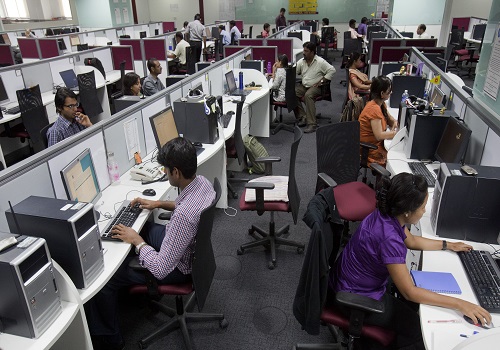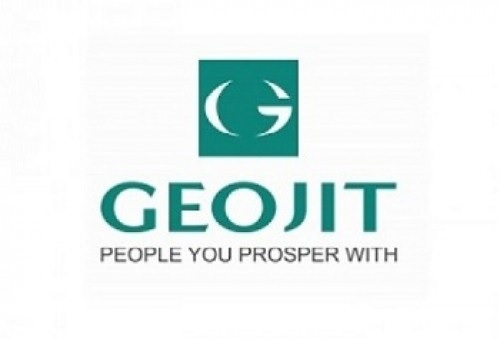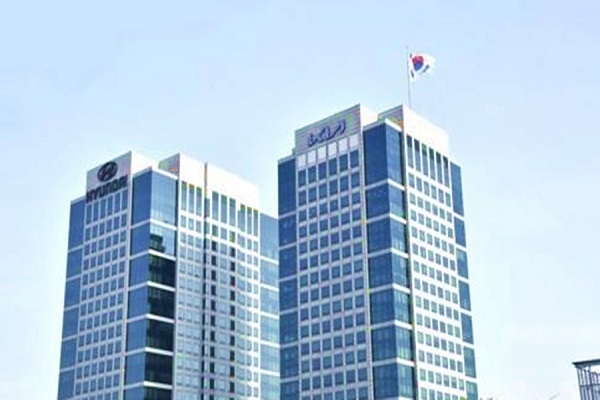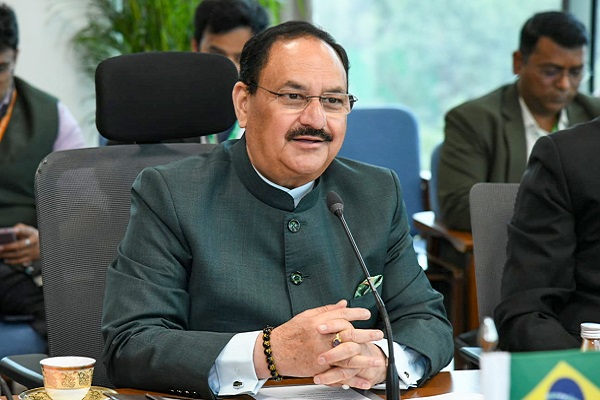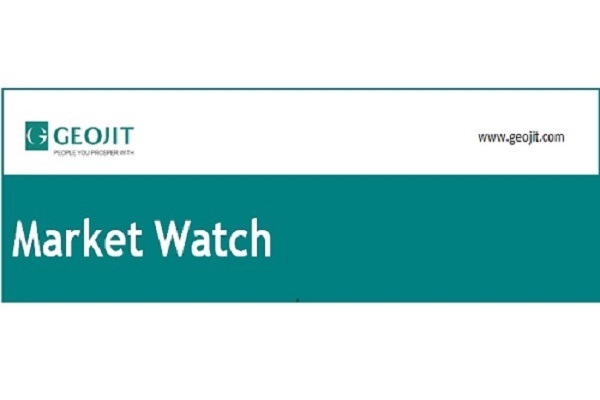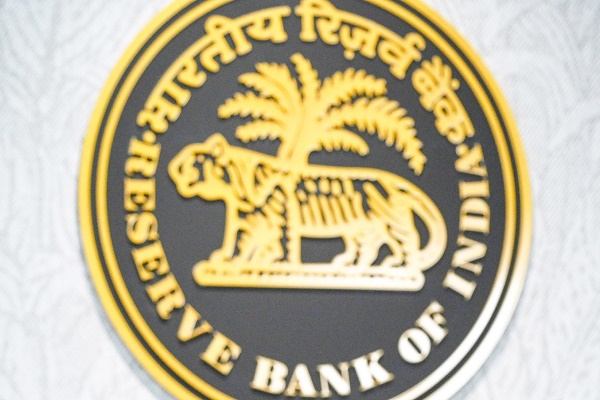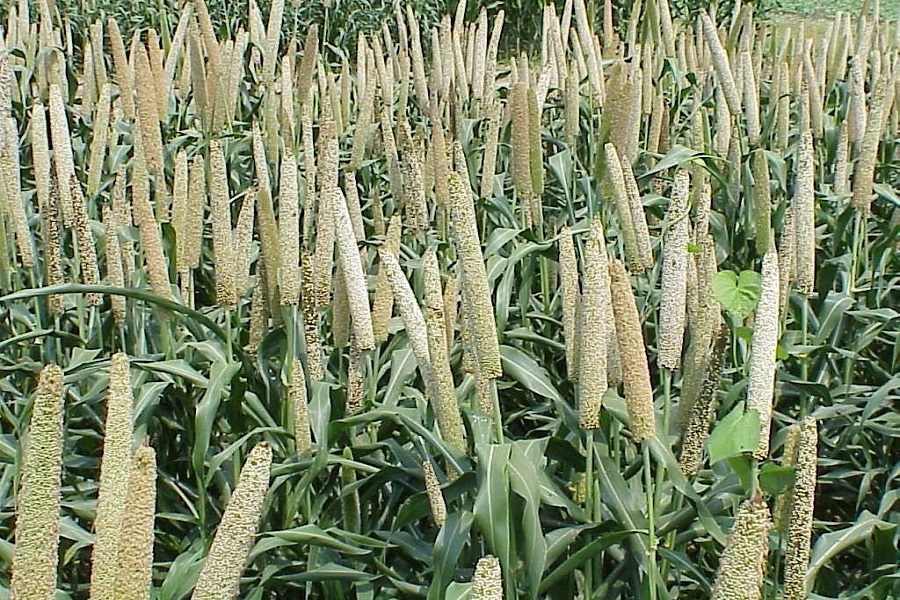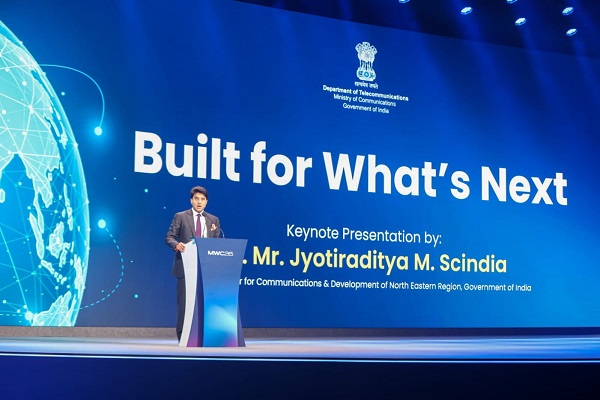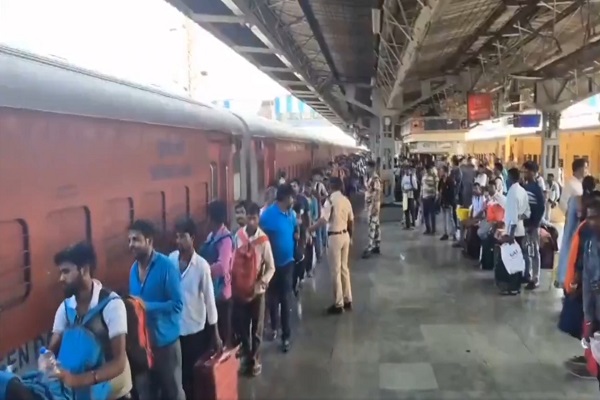Tata Projects Marks the Successful Launch of Mumbai Metro Line 3 Phase-2, Demonstrating Engineering Brilliance on the Aqua Line
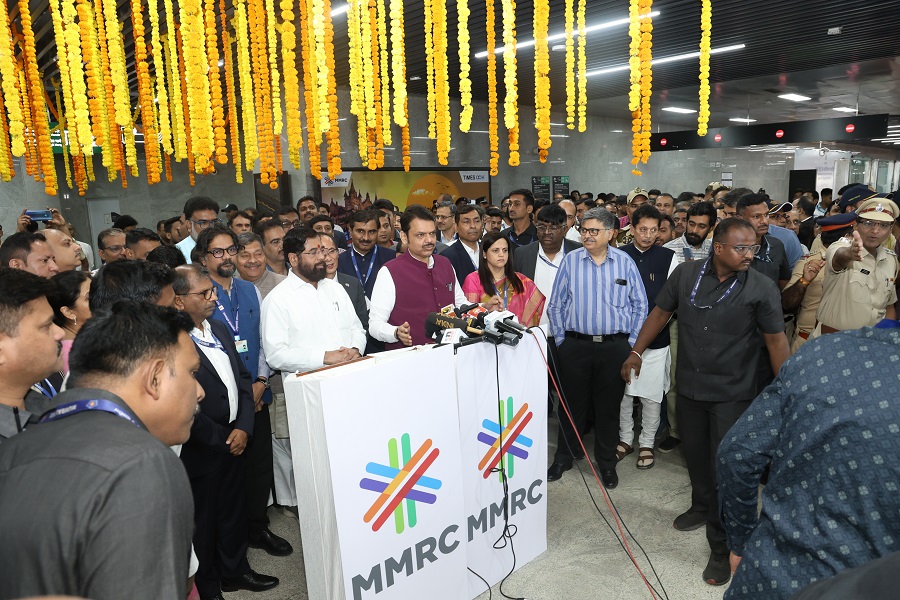
Following the landmark inauguration of Phase 2 of Mumbai’s first underground metro—the Aqua Line (Line 3)—Tata Projects, a leading infrastructure and construction solutions provider, is pleased to highlight its crucial contribution to this transformative urban mobility initiative. The newly opened 9.77 km section, extending from Bandra Kurla Complex (BKC) to Acharya Atre Chowk in Worli, marks another significant step towards revolutionizing Mumbai's commute.
This achievement builds on the successful commissioning of the 12-kilometer Aarey-BKC segment in October 2024, further expanding critical infrastructural connectivity for Mumbaikars. Tata Projects, as part of the Continental Engineering Corp – ITD Cementation – Tata Projects JV (CEC-ITD CEM-TPL JV), was instrumental in constructing Package UGC-04, which included 5.5 km twin tunnels from Dharavi metro station to Worli metro station, along with three stations—Shitladevi, Dadar, and Siddhivinayak. Which was also the longest stretch among all the packages.
The project demanded precision engineering, particularly in tunnelling beneath heavily built-up areas. The JV team successfully executed tunnel boring and station construction while passing under sensitive structures like Xavier’s College, Mahim Bus Depot, and near the railway corridor at Nayanagar (Mahim). The alignment passed through extremely congested stretches in Mahim and Dadar, areas lined with old and dilapidated buildings, requiring careful monitoring and execution to avoid any structural impact.
The team also managed and preserved critical city infrastructure during construction, including supporting and maintaining a 1450mm diameter water line during station works. In addition, major utility diversions were undertaken for water lines, sewer networks, power cables, telecom lines, gas lines, traffic signals, and bus stops. Post-completion, several of these utilities were restored to their original alignments—demonstrating Tata Projects’ commitment to engineering precision and urban responsibility.
The Mumbai Metro Rail Corporation (MMRC) is executing this ambitious Rs.33,405 crore project, which, upon full completion, will span 33.5 km with 27 underground stations and one at-grade station.
Mr. Raman Kapil, President and COO, Building and Infrastructure SBU, Tata Projects stated,
"We are immensely proud to contribute our engineering expertise to a project of such national importance. This metro line has proved crucial for decongesting Mumbai's roads and providing a faster, more sustainable mode of transport. The successful completion of our work on Package UGC-04 of the Mumbai Metro, highlights our excellence in delivering complex infrastructure projects that redefine urban living. It will significantly ease travel for citizens and contribute to the city's economic growth."
The project encountered unique engineering challenges in constructing the twin tunnels — an unprecedented task given the soil conditions. This JV was the first to launch the Tunnel Boring Machines (TBMs) Krishna 1 and Krishna 2. A total of three advanced Tunnel Boring Machines — Krishna 1, Krishna 2, and Krishna 3 — were deployed, as well as the New Austrian Tunnelling Method (NATM). Custom Earth Pressure Balance (EPB) TBMs were crucial for stability, water seepage control, and preventing ground settlement.
With the BKC–Worli section now operational, the focus shifts to the final 13 km extension to Cuffe Parade.
Above views are of the author and not of the website kindly read disclaimer

